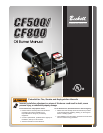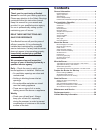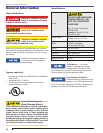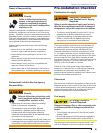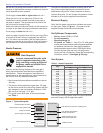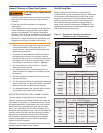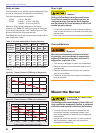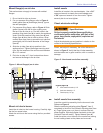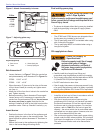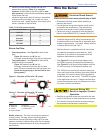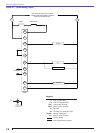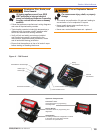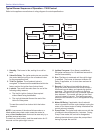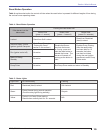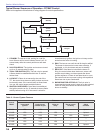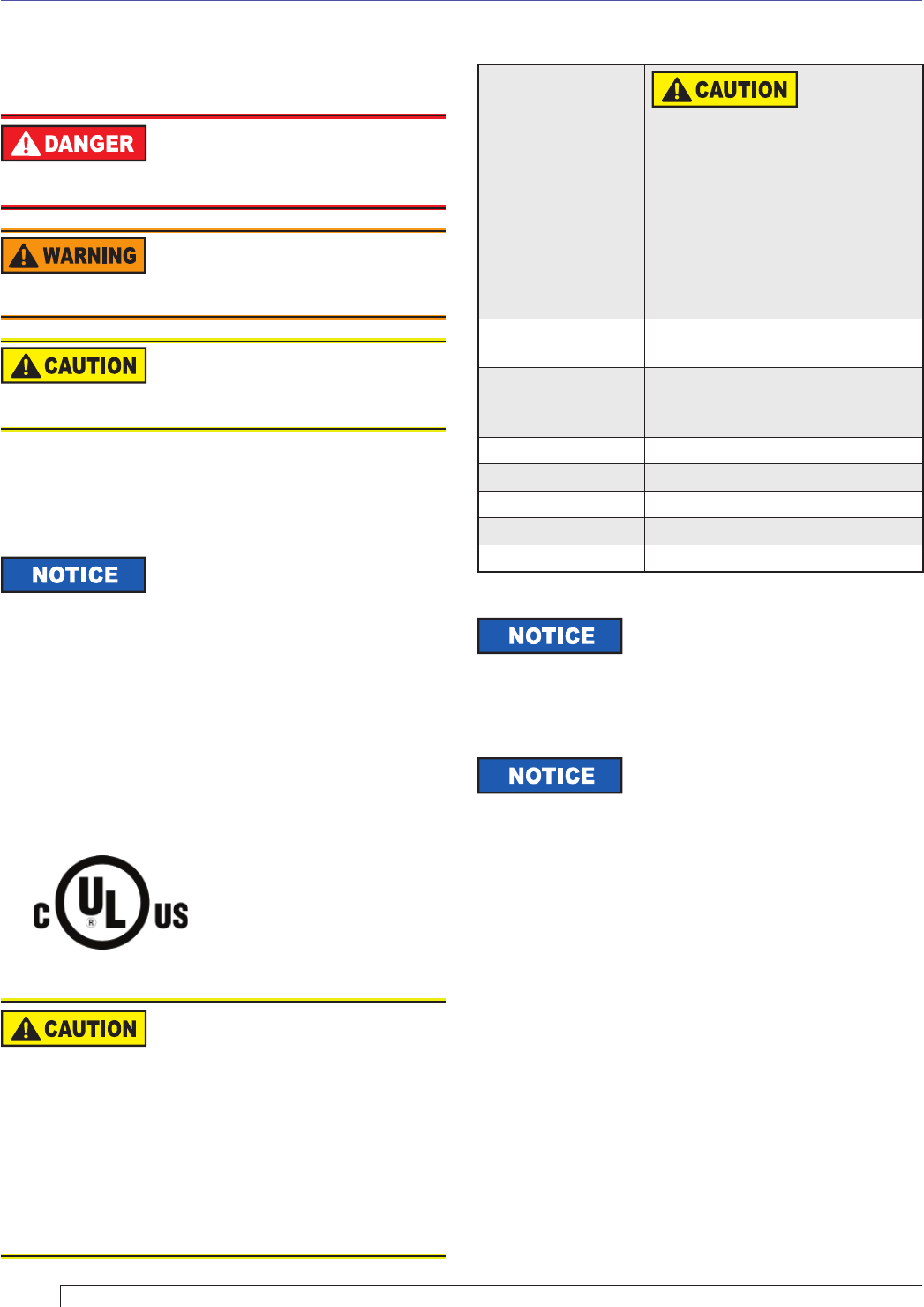
4
Agency approvals
UL listed to comply with ANSI/UL296 and certifi ed to
CSA B140.0.
Accepted by N.Y.C. M.E.A.
Other approvals may be available and must be
specifi ed at time of order.
○
○
○
Specifi cations
Fuels
DO NOT USE GASOLINE,
CRANKCASE OIL, OR
ANY OIL CONTAINING
GASOLINE
U.S. #1 or #2 Fuel Oil only
(ASTM D396)
Canada #1 Stove Oil or #2
Furnace Oil only
Firing range
CF500: 1.75 to 5.50 GPH
CF800: 3.00 to 8.00 GPH
Motor
1/3 HP 3450 RPM
120/60 hz standard
4.8 amps @ 120 VAC
Igniter 120V/14,000V
Housing Cast aluminum
Fuel unit 100 - 200 PSIG
Oil nozzle 45° - 70° solid
Shipping weight 55 lbs.
General Information
Section: General Information
Hazard Defi nitions
Within the boundaries of the hazard warning, there will
be information presented describing consequences if the
warning is not heeded and instructions on how to avoid
the hazard.
Indicates a hazardous situation,
which, if not avoided, will result
in death or serious injury.
Indicates a hazardous situation,
which, if not avoided, could
result in death or serious injury.
Indicates a hazardous situation,
which, if not avoided, could
result in minor or moderate injury.
Intended to bring special attention
to information, but not related to
personal injury or property damage.
50 Hz Motors — The burner
ratings, air settings and nozzle
ratings are based on standard 60 hz motors (at 3450
rpm). Derate all ratings 20% when using 50 hz motors.
Consult factory for specifi c application data.
High Altitude Installations —
Accepted industry practice requires
no derate of burner capacity up to 2,000 feet above sea
level. For altitudes higher than 2,000 feet, derate burner
capacity 2% for each 1000 feet above sea level.
Frozen Plumbing and
Water Damage Hazard
If the residence is unattended in severely cold weather,
burner primary control safety lockout, heating system
component failures, power outages or other electrical
system failures could result in frozen plumbing and
water damage in a matter of hours. For protection, take
preventive actions such as having a security system
installed that operates during power outages, senses low
temperature and initiates an effective action. Consult with
your heating contractor or a home security agency.



